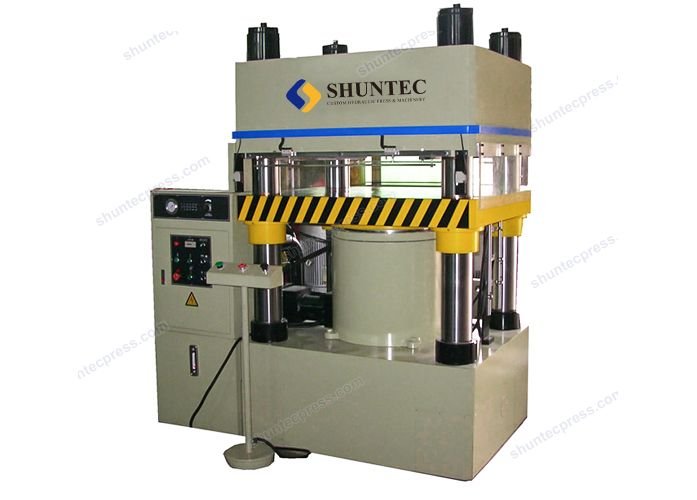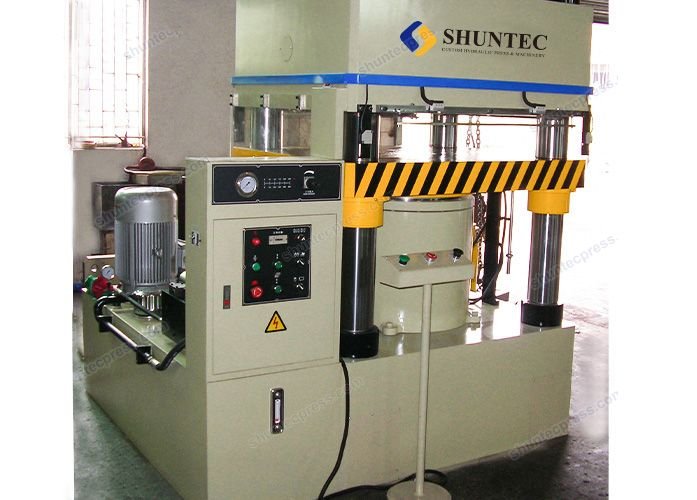


Die-cutting is the process in which a die is involved to shear or cut materials into the size and shape as determined by the die. Generally speaking, Applicable materials for the die-cutting process are low-strength materials, such as rubber, paper, paperboard, plastics, sheet metal, etc. The die-cutting press was first invented to address the issue of cutting leather for the shoe industry in the mid-19 century. In modern times, die-cutting has become a very typical post-processing procedure for printing materials.
In addition to printing materials, a die-cutting press machine is also often used for producing jigsaw puzzles. Jigsaw puzzles are produced by cutting pieces of wood or cardboard which are painted with a drawing into small pieces with intended sizes and shapes, and then people put these small pieces together to restore the original picture. Jigsaw puzzles inherently have higher requirements for the quality of cutting. Good-quality cutting should take out very little wood or cardboard so that the pieces can fit together well, otherwise, there will be too much gap between pieces. Besides, well-cut pieces should have a very smooth edge surface with minimum chipping.
In order to meet the above-mentioned requirements, a jigsaw puzzle dies cutting press machine has appeared accordingly. The jigsaw puzzle die cutting press machine can be regarded as one of the most wonderful applications of the die-cutting process. This kind of machine can produce very intricate puzzle pieces with good quality and high precision. When combined with a hydraulic system and servo system, it can achieve even higher efficiency and productivity.
In real practice, a jigsaw puzzle cutting machine is usually combined with a jigsaw puzzle scattering machine and puzzle bagging machine to form a complete puzzle production line. Customers can decide whether to procure one machine or the whole production line according to actual needs.
1, The machine adopts a 4-post column structure which can achieve super rigidity and precision bed-to-ram parallelism and thus guarantee good cutting quality.
2, The machine can achieve fast approaching, pressing, and returning speed so that the productivity is high.
3, By virtue of its sophisticated designs and good quality materials used, the machine can not only achieve high work efficiency but needs little maintenance throughout the entire lifetime. This is very meaningful for manufacturers who are often annoyed by machine breakdowns from time to time.
4, The machine is equipped with a central color touch screen through which all parameters can be easily programmable.
5, The machine can achieve good quality cutting effect with a very smooth edge surface and minimum chipping. This can be the most noticeable feature that influences the manufacturer’s purchasing decision for the machine.

